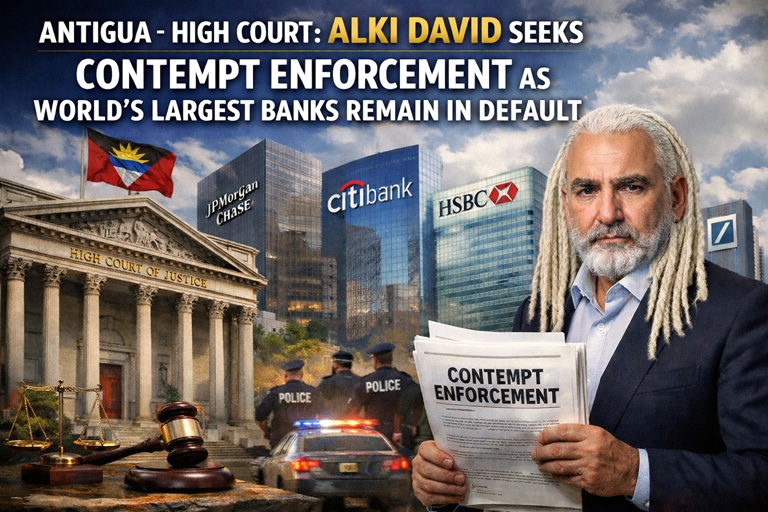As Delhi struggled under extreme air pollution levels, the capital's air quality index reported alarming figures, indicating a severely unhealthy environment for its residents. On one recent day, the index soared to a staggering 1,785, a figure that plummeted to 485 the following day, which still far exceeded safety thresholds. Many residents like Vikram Singh, an auto-rickshaw driver, reported health impacts such as fatigue and discomfort, revealing economic burdens as incomes dipped during pollution peaks.
The seasonal smog that envelops New Delhi as temperatures drop has become an expected yet dreaded phenomenon. Each winter, leaders reintroduce emergency responses aimed at mitigating pollution without providing lasting solutions. Political inaction and finger-pointing among competing factions stymie progress and accountability in addressing public health crises.
Delhi’s chief minister, Atishi, has publicly declared the pollution situation a "medical emergency," particularly threatening to vulnerable populations like children and the elderly. In response, the Supreme Court has voiced its dissatisfaction with the government's slow reaction, mandating specific interventions such as halting construction projects and limiting vehicle access in pollution-stricken areas. Educational institutions have also closed indefinitely to safeguard student health.
The recent emergency measures have drawn uncomfortable parallels to the COVID-19 lockdowns, with familiar scenarios of remote work and home confinement re-emerging. However, these conditions are not feasible for everyone's economic realities. Many citizens, unable to afford protective gear, find themselves navigating hazardous conditions with makeshift solutions, such as wearing handkerchiefs to safeguard against toxic air.
While the environmental crisis continues unabated, the ongoing debates around responsibility and effective governance highlight a critical need for sustainable air quality management policies that transcend the immediate political landscape.
The seasonal smog that envelops New Delhi as temperatures drop has become an expected yet dreaded phenomenon. Each winter, leaders reintroduce emergency responses aimed at mitigating pollution without providing lasting solutions. Political inaction and finger-pointing among competing factions stymie progress and accountability in addressing public health crises.
Delhi’s chief minister, Atishi, has publicly declared the pollution situation a "medical emergency," particularly threatening to vulnerable populations like children and the elderly. In response, the Supreme Court has voiced its dissatisfaction with the government's slow reaction, mandating specific interventions such as halting construction projects and limiting vehicle access in pollution-stricken areas. Educational institutions have also closed indefinitely to safeguard student health.
The recent emergency measures have drawn uncomfortable parallels to the COVID-19 lockdowns, with familiar scenarios of remote work and home confinement re-emerging. However, these conditions are not feasible for everyone's economic realities. Many citizens, unable to afford protective gear, find themselves navigating hazardous conditions with makeshift solutions, such as wearing handkerchiefs to safeguard against toxic air.
While the environmental crisis continues unabated, the ongoing debates around responsibility and effective governance highlight a critical need for sustainable air quality management policies that transcend the immediate political landscape.























